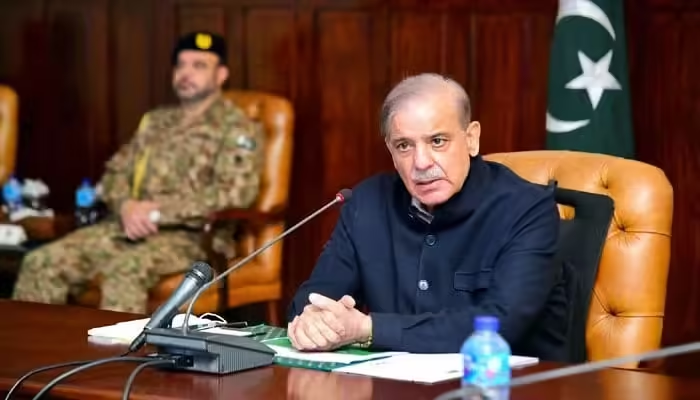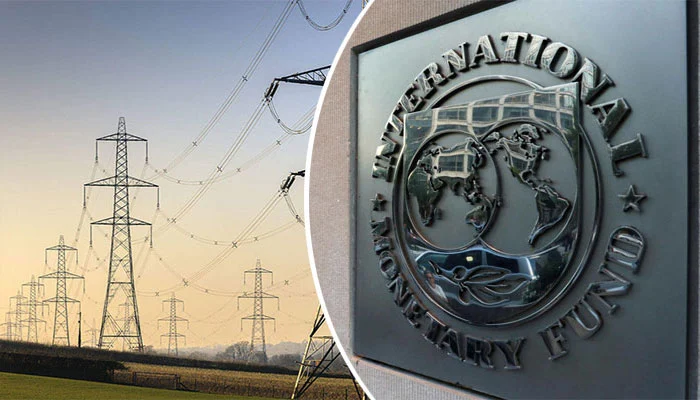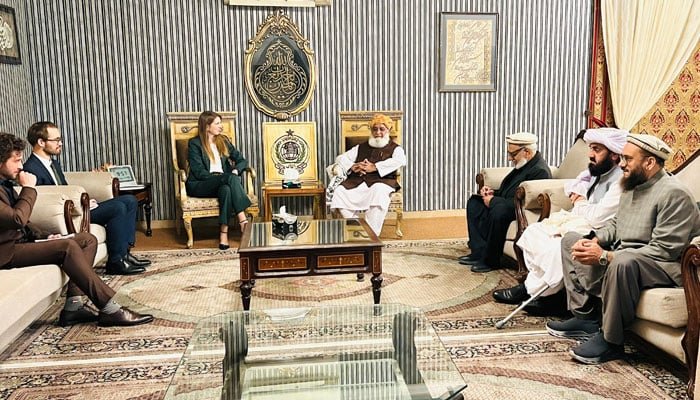A scheduled meeting of the Federal Cabinet, which was to be chaired by Prime Minister Shehbaz Sharif, has been postponed, according to reliable sources. The meeting, originally planned for today, was expected to take place at 10:30 AM at the Prime Minister’s House. However, due to the Prime Minister’s pressing commitments, the meeting has been delayed to a later date.
Purpose of the Meeting
This Federal Cabinet meeting was of significant importance, as it was intended to serve multiple purposes. One of the key agenda items was for Prime Minister Shehbaz Sharif to brief the cabinet on his recent official visit to the United States. The Prime Minister was expected to inform the cabinet members about the outcomes and insights gained from his trip, during which he held several high-level meetings with world leaders, international organizations, and business communities.
The visit to the U.S. had drawn attention in both domestic and international media, given the critical diplomatic and economic challenges facing Pakistan. Prime Minister Shehbaz Sharif’s government is under pressure to manage the country’s economy, forge stronger international partnerships, and address internal political challenges. The cabinet meeting was seen as an opportunity for the Prime Minister to take his team into confidence and outline the government’s next steps based on the outcomes of his discussions abroad.
Reasons for Postponement
According to insiders, the postponement of the cabinet meeting was due to the Prime Minister’s tight schedule. Government officials, including members of the cabinet, were reportedly prepared for the meeting, but last-minute developments required Prime Minister Shehbaz Sharif to prioritize other urgent matters.
While the specific nature of these commitments has not been officially disclosed, it is not uncommon for a head of government to face last-minute obligations that demand their immediate attention. Political analysts speculate that the Prime Minister might have been engaged in meetings related to pressing domestic issues such as economic management, security concerns, or ongoing political negotiations with opposition parties.
Another possibility for the delay could be the preparations for future government initiatives or policies that require the Prime Minister’s direct involvement. Given the complex nature of governance, especially in a time of economic challenges, such delays in cabinet meetings are not uncommon.
Prime Minister’s Recent Visit to the United States
Prime Minister Shehbaz Sharif’s visit to the United States had significant diplomatic implications. The trip aimed to strengthen Pakistan’s ties with its global partners, particularly in terms of economic collaboration, security, and investment opportunities. As Pakistan continues to navigate a challenging economic landscape, the Prime Minister was expected to use the trip to seek foreign investments, international aid, and loans to stabilize the country’s economy.
During his visit, the Prime Minister met with key figures in the international community, including heads of state, representatives of financial institutions like the International Monetary Fund (IMF) and World Bank, as well as members of the business community. Discussions likely revolved around bolstering Pakistan’s economic resilience, improving trade relations, and seeking avenues for foreign direct investment.
It was anticipated that during the postponed cabinet meeting, the Prime Minister would have shared the key takeaways from these discussions and updated the cabinet on the possible opportunities for Pakistan arising from the visit. Furthermore, discussions around international security issues and Pakistan’s role in maintaining regional stability would have likely been on the agenda.
Implications of the Postponement
While the postponement of the Federal Cabinet meeting may seem like a minor scheduling adjustment, it has broader implications. Cabinet meetings are essential for maintaining the smooth functioning of the government, as they serve as a forum for key decision-making, coordination between ministries, and addressing critical issues facing the country. The delay means that important decisions that were expected to be discussed, such as economic policies, social initiatives, and security measures, may now be put on hold.
This postponement also puts off any immediate analysis or direction regarding the Prime Minister’s U.S. visit. The cabinet would have discussed how to implement agreements or opportunities that were secured during the trip. Additionally, any internal decisions regarding Pakistan’s political or security situation might now be delayed.
However, it is expected that the Federal Cabinet will reconvene soon, allowing these vital discussions to take place. As the country grapples with a range of issues, including economic instability, security challenges, and political divisions, the cabinet’s role in providing guidance and direction is more critical than ever.
The postponement of today’s Federal Cabinet meeting underlines the demanding nature of the Prime Minister’s responsibilities and the unpredictable challenges that arise in governance. Although the meeting has been delayed, it remains an important platform for discussing Pakistan’s pressing concerns, including the outcomes of the Prime Minister’s recent U.S. visit.
In the days ahead, the rescheduled meeting will be closely watched as the cabinet works to address the nation’s needs, both on the domestic and international fronts. Whether it is tackling economic challenges, improving foreign relations, or managing political dynamics, the decisions taken in future cabinet meetings will be crucial for shaping Pakistan’s path forward.



